A list as challenging as the games.
Over the course of the last decade, FromSoftware has managed to craft, and arguably perfect, its unique action RPG formula with titles like Dark Souls, Bloodborne, and Sekiro: Shadows Die Twice. Not since the introduction of the iconic Metroidvania sub-genre, popularized by phenomenal games like Castlevania: Symphony of the Night and Super Metroid, have we seen such a widely recognized and replicated template for action RPGs.
The popularity of this blueprint created by FromSoftware has even managed to spawn a sub-genre of its own: the Souls-like. While many developers have tried desperately to capture the essence of Dark Souls, nobody does it quite like FromSoftware.
I've spent the last six months or so playing and re-playing every title in the official FromSoftware Souls-like catalog. From Demon's Souls to Sekiro: Shadows Die Twice, I've committed to the monumental undertaking of placing every one of these exceptional RPGs in an arbitrary order from worst to best. Here is our definitive FromSoftware Souls-like power ranking.
6. Dark Souls II
While I believe Dark Souls II is hands-down the worst Souls-like FromSoftware has developed, I don't feel that Dark Souls II is a bad game. In fact, I think what the team achieved with a sequel to one of the most infamous games of all time was rather impressive. There's a very tired joke about pizza that, unfortunately, perfectly applies to FromSoftware-developed Souls-like games: "When it's good, it's great. And when it's bad, it's still pretty good." Even the worst Dark Souls game is better than most modern action-RPGs.
So why exactly has Dark Souls II firmly secured the bottom spot? Sadly, there are some glaring issues involving foundational game design, uninspired boss encounters, and half-baked lore that put a damper on the experience, especially when directly compared to other FromSoftware titles.
The Dark Souls engine isn't catered to heavy amounts of platforming, yet the Dark Souls II team insisted on ham-fisting absurd amounts of unnecessary and unpleasant platforming into the game. The 3D objects you're tasked with maneuvering on often fail to properly respond to player movements, causing you to spike down into an endless pit if you accidentally pivot in the wrong direction. Skinny branches and ledges plague many of the otherwise captivating environments in Dark Souls II, which makes navigating certain areas like Cardinal Tower a tedious nightmare.
Much of the notoriety following the launch of Dark Souls revolved around its relentless difficulty and the satisfaction that came from overcoming the intense challenge. Dark Souls II took all the wrong lessons from this and packed its stages with loads of "gotcha" cheap deaths, from classic rolling boulders to enemies shoving you off ledges. It was less about understanding your surroundings through environmental clues and more about just taking your arbitrary first death. I enjoy the difficulty of the Souls games, but I feel like many of the design choices in Dark Souls II solely exist for the sake of making it tougher.
However, it's not all doom and gloom in this world of doom and gloom. The clever use of lighting and torch mechanics in areas like No Man's Wharf showcase the team's creativity and desire to deliver an ambitious game. Dark Souls II also introduced key quality-of-life features like a streamlined fast travel system and the Name Engraved ring, which made playing with friends significantly easier. These innovations paved the way for the Password system and modern fast-travel that we now expect in FromSoftware games.
Journey to Majula
Dark Souls II: Scholar of the First Sin
A sequel reimagined
Dark Souls II: Scholar of the First sin brings a host of new quality of life changes to original game in addition to all the expansions.
5. Demon's Souls
Demon's Souls was FromSoftware's first attempt at delivering a 'Souls' game, before any of us really knew how important the formula would become. When I first played this title on PS3 back in 2009, I was immediately captivated by its innovative combat and evocative world. I distinctly remember how unique Demon's Souls felt. Even though it was its first try, it was clear FromSoftware had something special on its hands.
I recently revisited Demon's Souls through the PS5 remake from Bluepoint Games and it gave me a much greater appreciation for just how influential this foundation was for future Souls-likes from the team. From the asshole dragons constantly performing fire breath drive-bys, to the gothic halls of the Tower of Latria, many elements of Demon's Souls eventually made their way to releases like Dark Souls and Bloodborne. This was also the birth of the legendary Souls-like loop, which revolves around respawning enemies and collecting the souls of fallen foes.
While the potential for this team and what they were trying to build was obvious, there's no denying that the first offering was far from perfect. For every brilliant, innovative idea established in Demon's Souls, there's an equally baffling and frustrating one. Poorly executed boss fights like the Dragon God and Old Monk distract from clever encounters like the Old Hero and Adjudicator. It's also impossible to ignore just how tight and claustrophobic some areas feel, especially when playing in co-op. You'll spend hours getting stuck on enemies or even your friends while playing Demon's Souls. Not all environments suffer from these compact constraints, but compared to the other games on our list the scale of stages is drastically more limited.
FromSoftware was comfortable experimenting with different gameplay mechanics with this title and some of them just didn't work. Thankfully, FromSoftware gained some valuable insights that would greatly benefit later games.
Revisit Boletaria
Demon's Souls
A next-gen Souls experience
Demon's Souls on PS5 is a gorgeously contructed remake of the PS3 exclusive that started it all. Revisit this classic like never before.
4. Bloodborne
We're now at the part of our ranking where decisions get exponentially tougher. Some readers may be confused or even upset by Bloodborne's placement on this list, but as I mentioned with Dark Souls II, these are all incredible games, but it comes down to their overall package. And when it comes to the total Bloodborne package, there's undeniably a lot to love despite its flaws.
Heavily inspired by the Tower of Latria and serving as the unofficial sequel to Demon's Souls, Bloodborne is filled with jaw-dropping gothic architecture and otherworldly Lovecraftian terrors. The grim aesthetic in the decrepit city of Yharnam delivers relentless and unforgiving 18th-century gothic horror. Every inch of this locale is dripping with grotesque creatures and haunting environments. When it comes to nightmarish enemy design, Bloodborne is FromSoftware at its absolute best. The image of monstrosities like Mergo's Wet Nurse will forever be burned into my mind.
Unfortunately, this ghastly experience critically lacks the usual stage and character variety that makes FromSoftware's RPG formula so special. The shift to faster, more aggressive combat was certainly a refreshing change of pace compared to Dark Souls, but despite a selection of different primary and off-hand weapon types to choose from, the customization I had grown accustomed to in previous titles just wasn't there. It's clear the team was working to lay the groundwork for a new Souls-like combat system, but much like the game that inspired it, the first attempt didn't wholly stick the landing.
Ultimately the reason I decided on this lower placement for Bloodborne stems from a fundamental flaw involving world design. There's no denying how captivating Yarnham and its surrounding areas look and feel, but this reliance on one primary location eventually starts to takes its toll. For me, the grays and greens and blues all started to blend together, making my time in Bloodborne far less memorable than games like Dark Souls or Sekiro. I didn't feel the same desire to explore every nook and cranny of the assorted zones, which has always been one of my favorite elements of FromSoftware RPGs.
If you love the exclusively gothic locations presented in Bloodborne chances are you'll probably rank this title a bit higher, but in terms of the overall package it doesn't hold a Hunter's Torch to the next three games on our list.
Yharnam awaits
Bloodborne
Vicious gothic horror
Experience the darkest of FromSoftware's Souls-like RPGs set in the haunting city of Yharnam.
3. Dark Souls
Admittedly, when I first tried Demon's Souls it didn't fully click. I appreciated the combat and the action-RPG elements, but I felt the grueling difficulty and open level design were overwhelming. When Dark Souls launched on Xbox 360 back in 2011, that all changed. At first, I didn't understand why I connected with Dark Souls so strongly when I had fallen off of Demon's Souls within 6-7 hours. Then I had the big revelation that solidified my love of FromSoftware Souls-likes: Dark Souls is the closest thing we'll ever have to a 3D Castlevania: Symphony of the Night.
Much like Symphony of the Night, Dark Souls leads with incredible combat, wildly varied environments, and loads of character customization. This sprawling, interconnected world took the exploration of classic Metroidvanias to new levels. With Firelink Shrine serving as the central hub of your adventure, you're almost immediately given the freedom to set out on any path you choose. While there are certainly preferred routes and a general order for how you should tackle the various zones, the beauty of this game's design stems from its robust flexibility.
Unlike many RPGs that came before it, classes and your role in the world are powerfully demonstrated through the weapons and equipment you use. If you want to be a nimble thief who uses daggers and projectiles to conquer mighty foes, you can absolutely build a loadout that caters to such a playstyle, but in the Kingdom of Lordran not all classes are created equal. Choosing a Thief and committing to that fantasy was a challenging undertaking, as I painfully learned during my first playthrough of Dark Souls. Thankfully, Sorcerers and Pyromancers offer a more accessible introduction for players.
The diverse assortment of equipment, gorgeous environments, and memorable characters make every single playthrough feel fresh and exciting. Even three or four runs in, I'm still finding new items and occasionally bosses I haven't encountered before. If Demon's Souls was the test subject for the FromSoftware Souls-like, then Dark Souls is where the formula was refined. Similar to playing The Legend of Zelda: A Link to the Past or Halo: Combat Evolved for the first time, my introductory experience with Dark Souls is something I'll never forget and one that would go on to reset my expectations of action RPGs.
Git gud in 60fps
Dark Souls: Remastered
A better way to Dark Souls
Dark Souls: Remastered adds the convenient password system for online co-op and a locked 60 FPS framerate. No more chugging in Blight Town!
2. Sekiro: Shadows Die Twice
I went back and forth on my placement of Sekiro: Shadows Die Twice countless times. On one hand, Sekiro is an incredible stealth action RPG packed with stunning locations and remarkable enemy designs. On the other hand, it's the Souls-like that strays the furthest from the core ideals of the games that came before it. The more I thought about it, however, the more I realized how masterfully crafted this shinobi-centric RPG is. The groundwork laid out by Bloodborne for faster, more fluid combat was basically perfected in Sekiro: Shadows Die Twice.
As a long-time Souls veteran, I admittedly had a rough time adapting to Sekiro. Everything Dark Souls trained me to do over the course of the last decade had to be completely thrown out. First off, there was no rolling, which up until this point had been a staple. The stamina meter for sprinting or attacking was also removed, which completely changed the dynamic of enemy encounters. Therefore, offensive speed, defensive timing, and proper environmental awareness were your keys to victory.
Initially these changes made me feel awful at the game, but eventually my comprehension shifted and I found myself fully embracing the ultimate ninja power fantasy. Maneuvering through the stunning zones in Sekiro with your Shinobi Prosthetic Grappling Hook provides the greatest sense of mobility in any FromSoftware Souls-like. With fantastic locomotion comparable to titles like Insomniac's Spider-Man, I often found myself manually traversing between regions in lieu of using fast travel.
One of my biggest criticisms of Bloodborne has always been its lack of meaningful main and off-hand weapon variety, but it was a fascinating experiment for FromSoftware and one I'm very grateful the team revisited. The Shinobi Prosthetic Tools are fantastic, and I'd even argue that Sekiro: Shadows Die Twice delivers the best combat of any FromSoftware title because of this phenomenal flexibility and fluidity. Every boss, including the nightmarish Great Ape, has a distinct Mega Man-esque weakness, which encourages weapon and ability experimentation. Sekiro: Shadows Die Twice is a feat of excellence in game design and deserves every bit of praise it receives.
Become the Shinobi
Sekiro: Shadows Die Twice
A true ninja power fantasy
Sekiro: Shadows Die Twice is the latest RPG from the talented team at FromSoftware and offers a new spin on the iconic formula.
1. Dark Souls III
Here we are at the pinnacle of our FromSoftware Souls-likes power ranking. I knew constructing this list and stating my case for each of these impressive games would be difficult, but it ended up being way more intense than I had anticipated. I love every game on this list for different reasons, but there's one particular title I love more than the others and it's one I'm very confident placing in the top spot — and that's Dark Souls III. In my eyes, this is FromSoftware's greatest achievement so far.
Dark Souls III perfectly embodies all the vital elements of FromSoftware's Souls-like formula. The character customization and equipment options introduced with Dark Souls are expanded upon in every possible way, with more weapons, more armor, more spells, more miracles, and more possibilities for you as the player. I've replayed Dark Souls III more than five times and I still haven't seen all the equipment and abilities this masterful RPG has to offer.
There are critics who believe Dark Souls III relies too heavily on retreading familiar zones and tropes from the original, but due to the cyclical nature of the events and lore in this world, I'd argue that the way Dark Souls III presents these established locations is more far more ambitious and innovative than many give it credit for. Players looking to truly understand the underlying themes persistent in Dark Souls will find countless nods to the events of the past and how they've shaped this world. The cryptic storytelling the series is famous for is meticulously demonstrated in Dark Souls III through carefully placed context clues and no game has ever encouraged me to spend hours reading item descriptions in this way before.
When it comes to memorable environment and location design, Dark Souls III is in a league of its own. The breadth of variety and level of scope for the different areas on display in this RPG is staggering. I can name and describe every single location in Dark Souls III from memory and that's not something I can say about most games. From the torrid waters of Smouldering Lake to the scenic landscapes of the Boreal Valley, there is so much detail and care packed in to every single frame. Even returning areas like Anor Londo are reimagined in a way that makes their once grand introductions pale in comparison.
My list of complaints for Dark Souls III is essentially non-existent. Like a great book or favorite film, it's something I constantly find myself coming back to between games. As I get older and experience more, I often wonder if the precedents set by existing titles and my desire for increasingly ambitious experiences has made it difficult for me to connect with games the same way I did as a child. Then something like Dark Souls III comes along and rekindles that magical feeling all over again.
The best of the best
Dark Souls III
A genuine masterpiece
Dark Souls III is not only one of the best RPGs FromSoftware has developed, but possibly one of the greatest action-RPGs of all time. This is a must-play.
Share your own power ranking!
There are certainly some passionate discussions and debates to be had when it comes to FromSoftware Souls-likes. These titles hold a special place in the hearts of many players. What are your thoughts on our power ranking? Disagree? Be sure to share your own lists in the comment section!


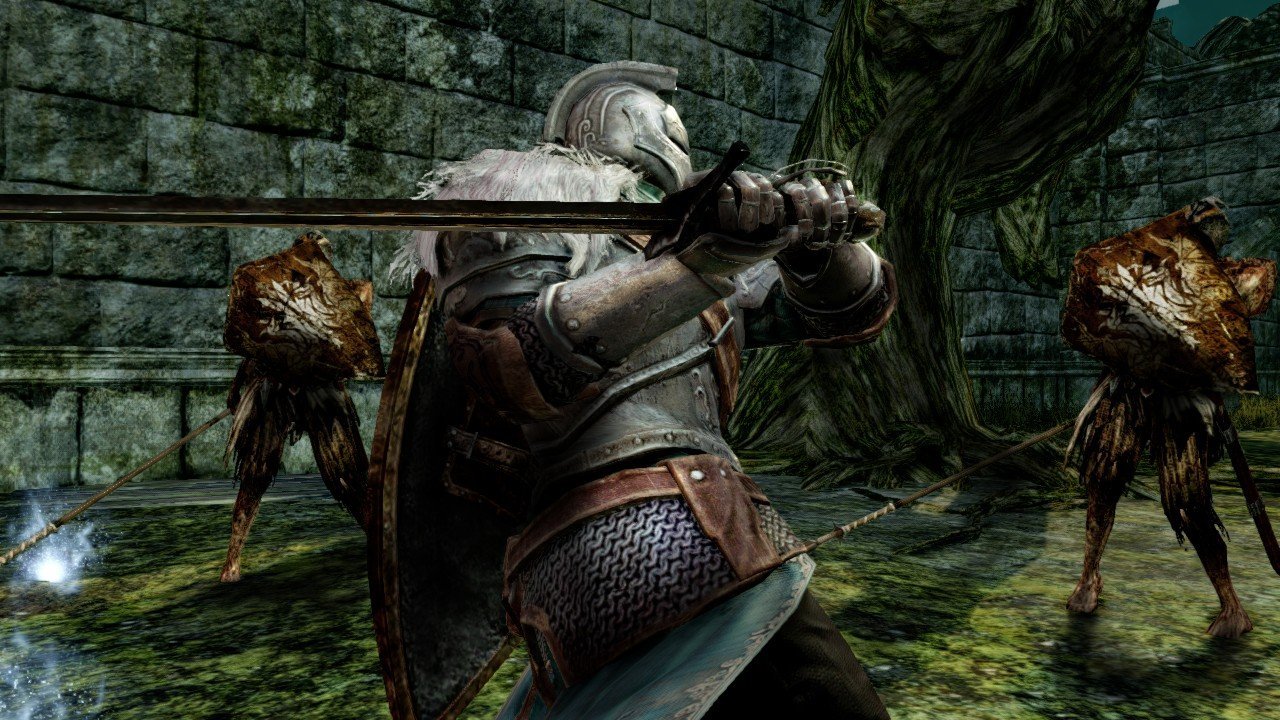
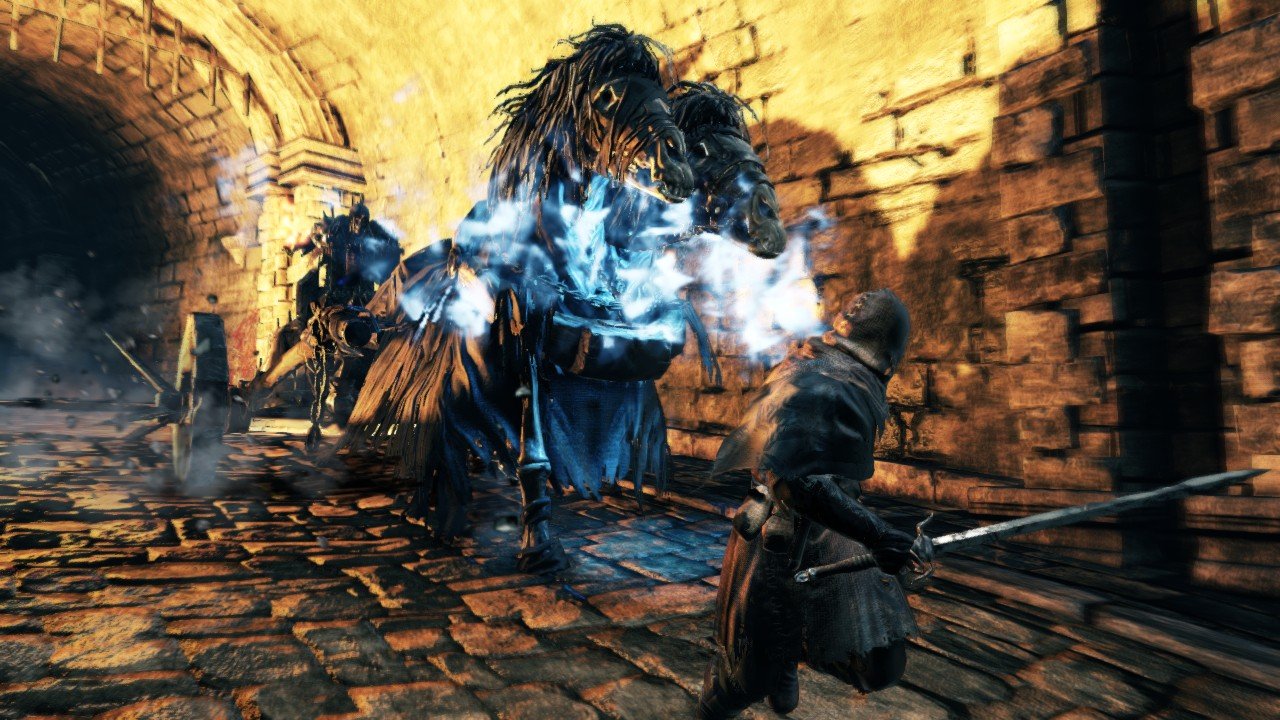

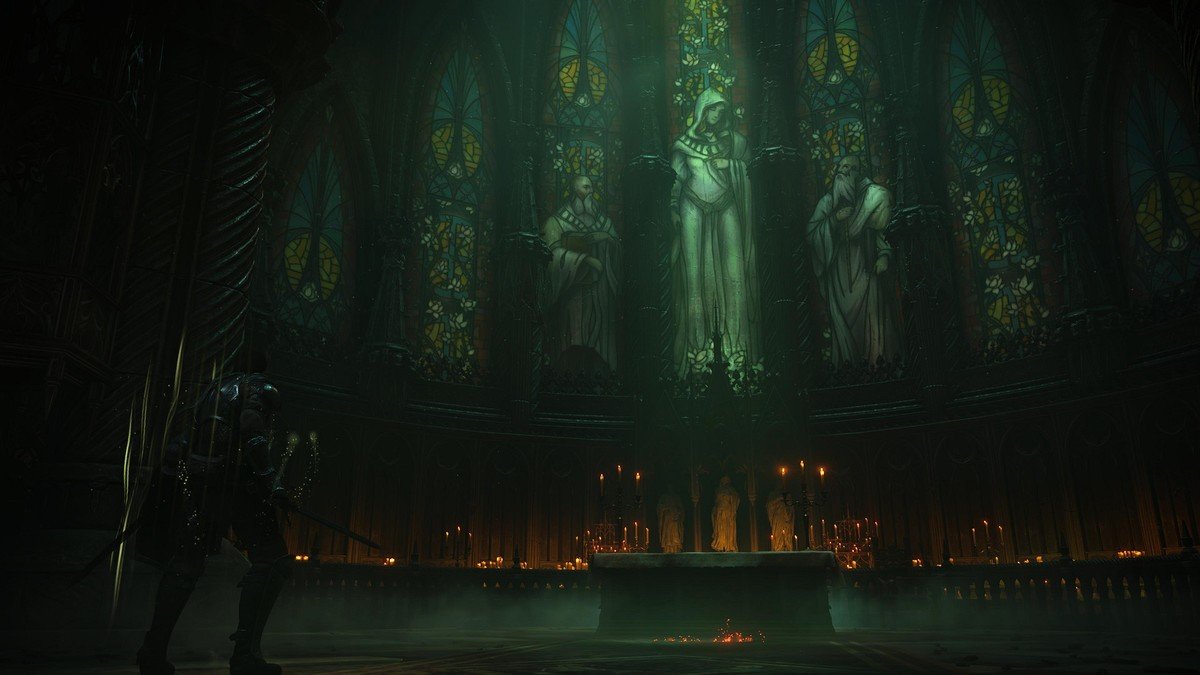


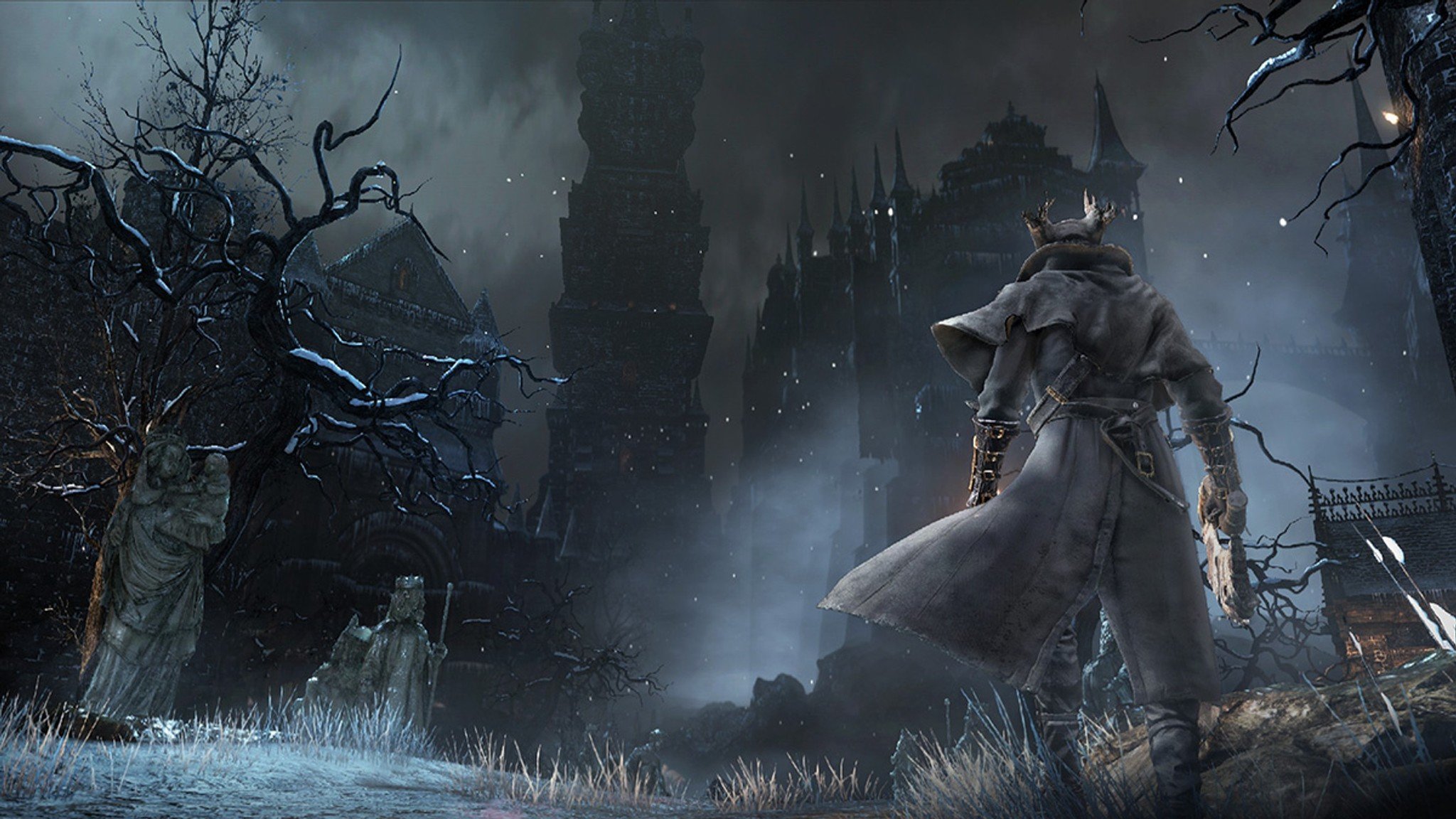
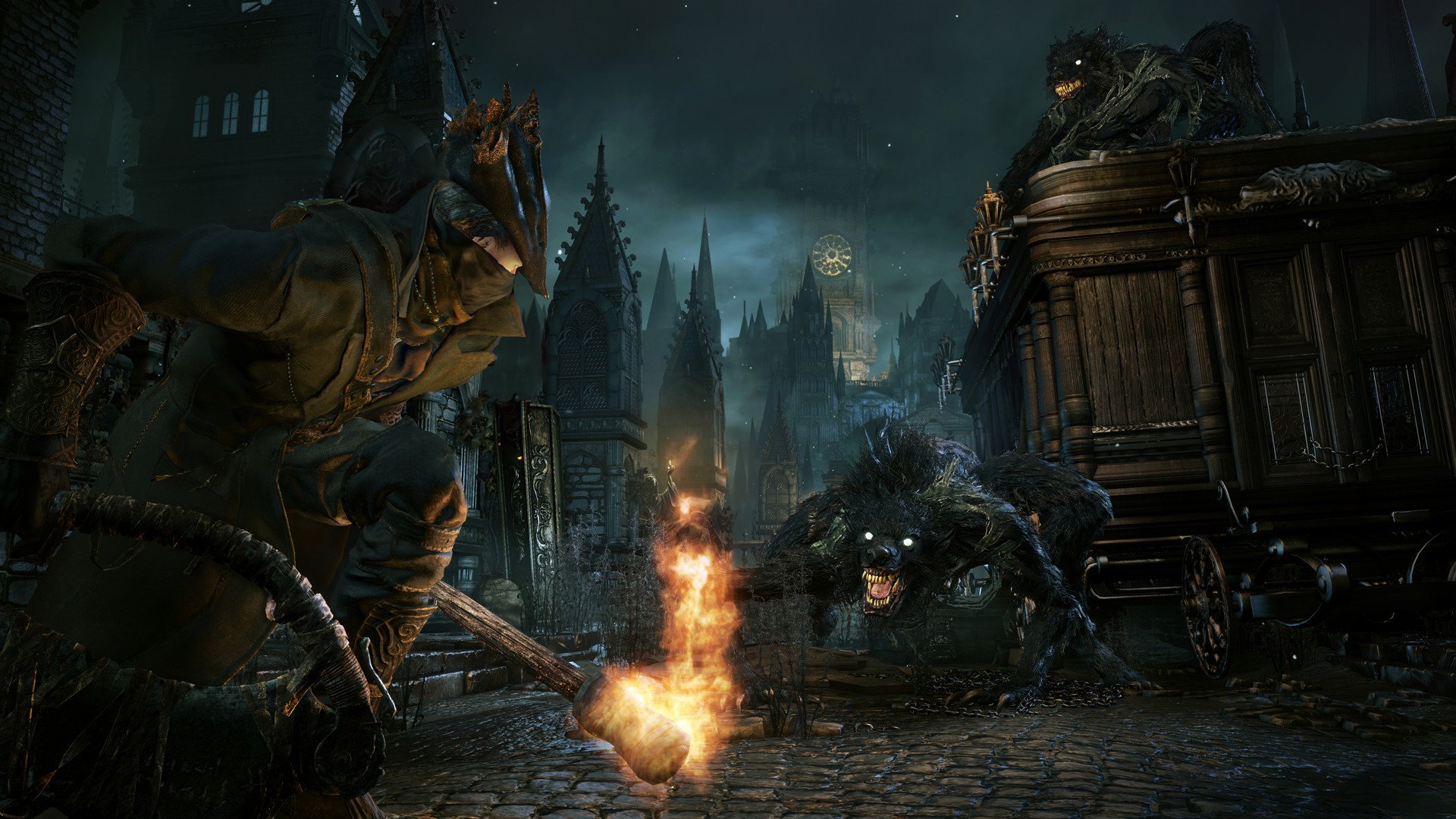

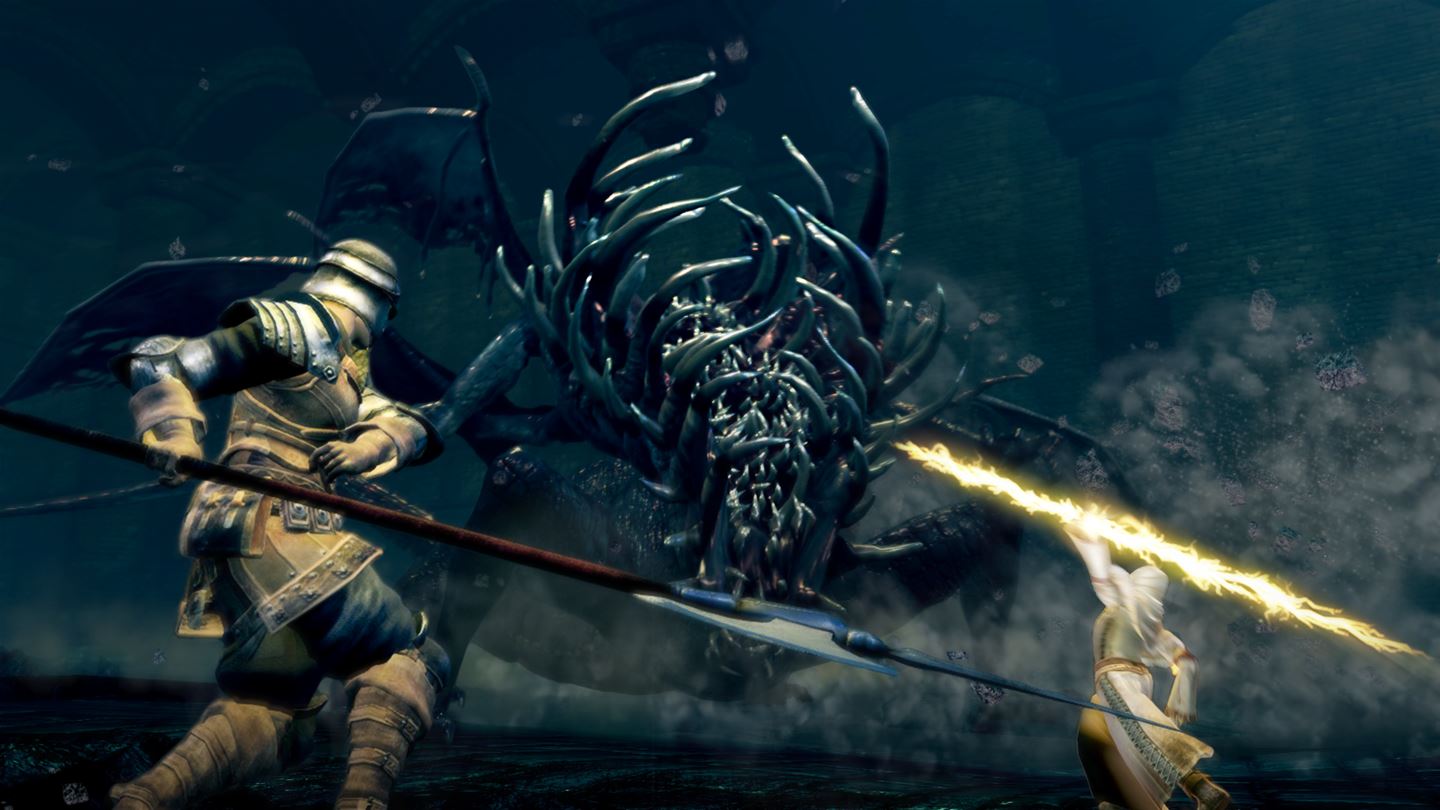
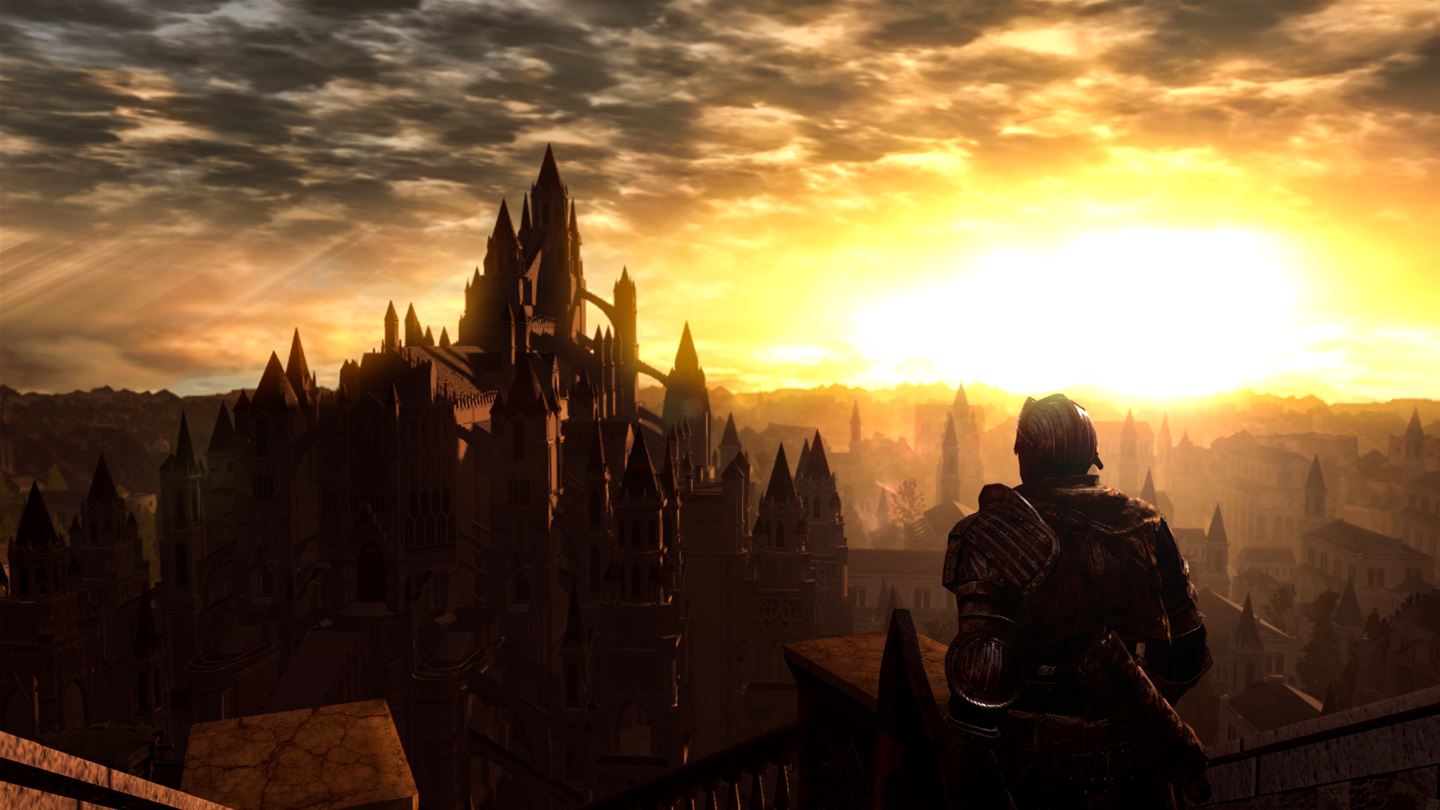

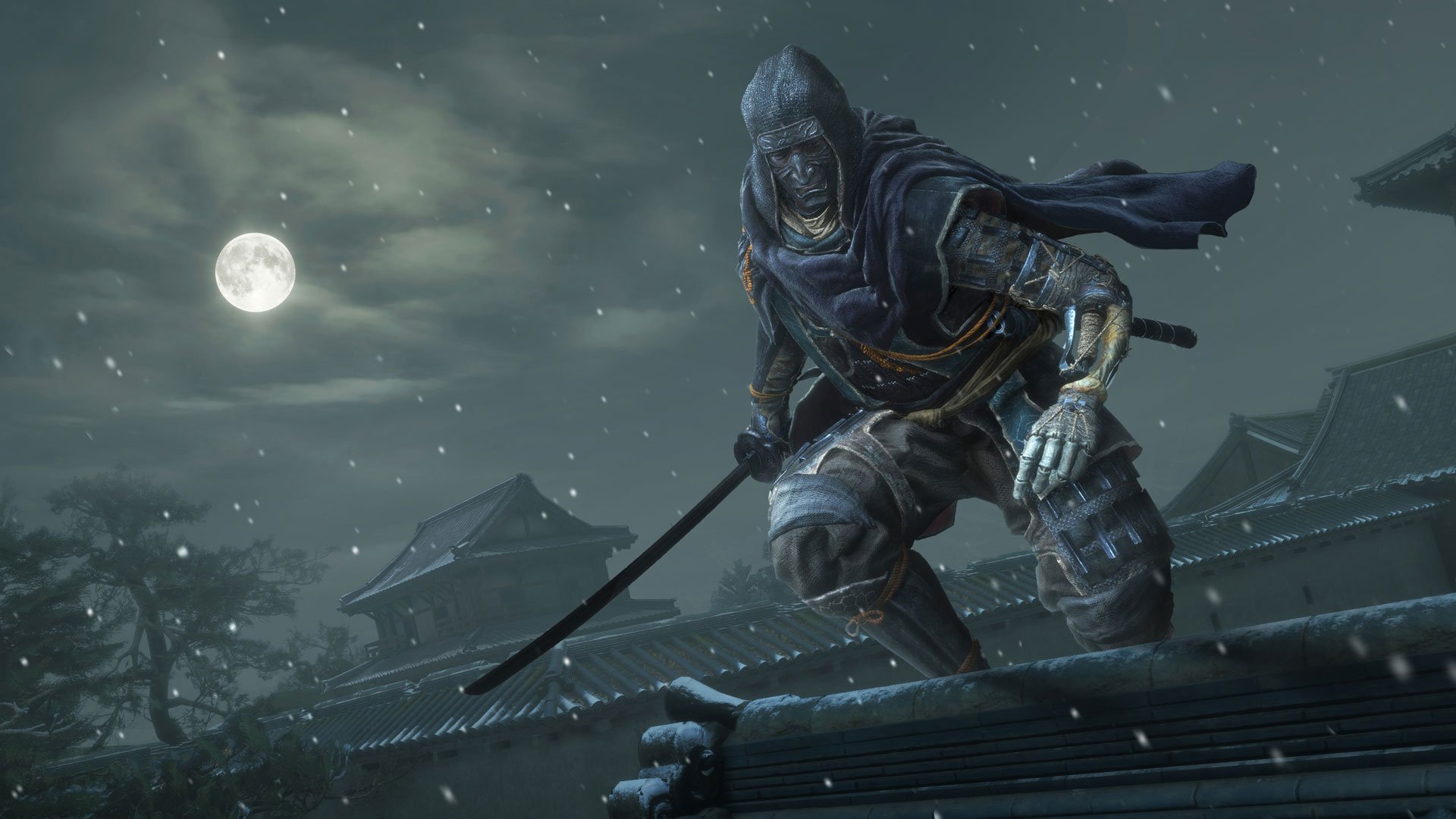
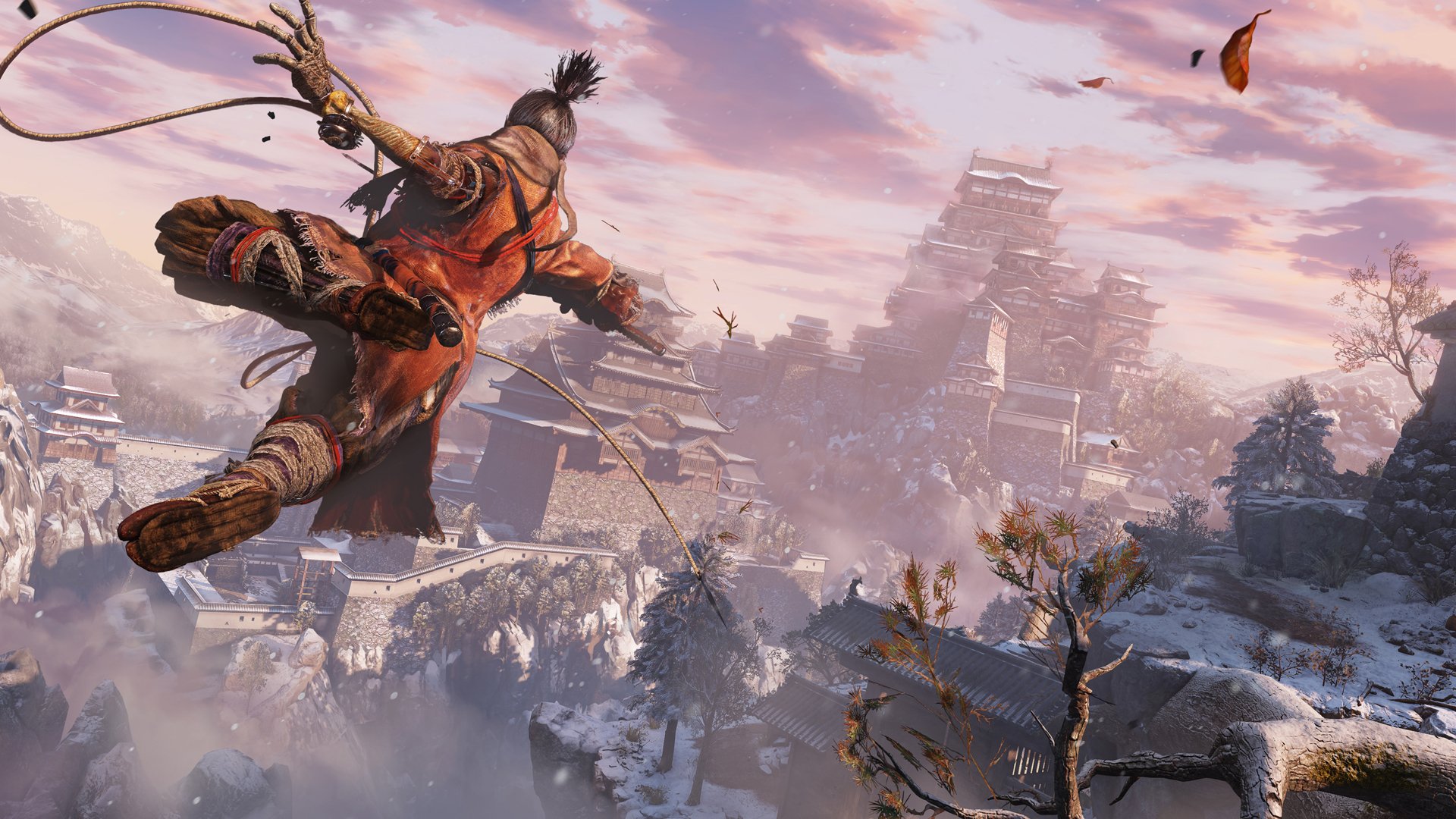

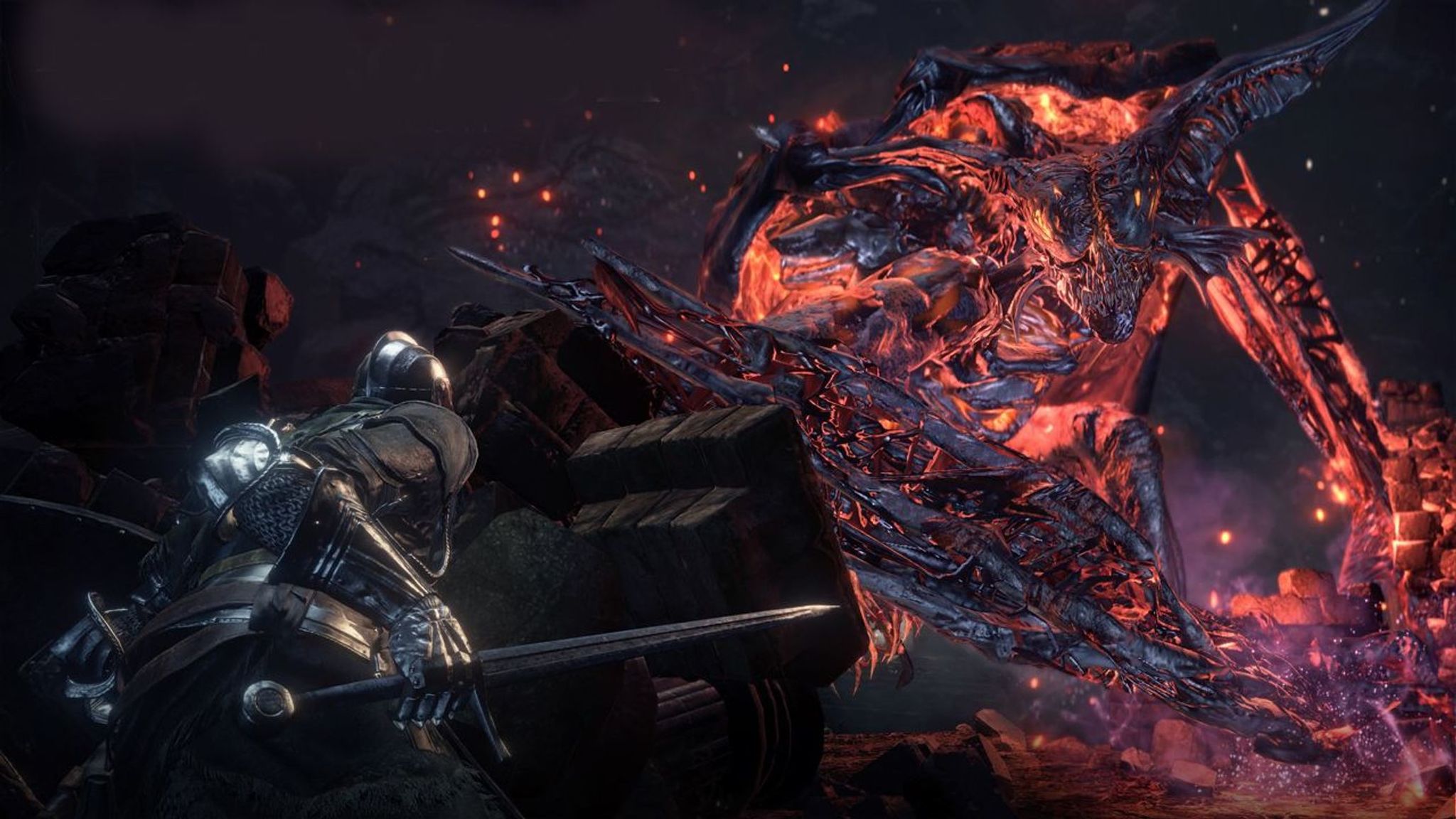
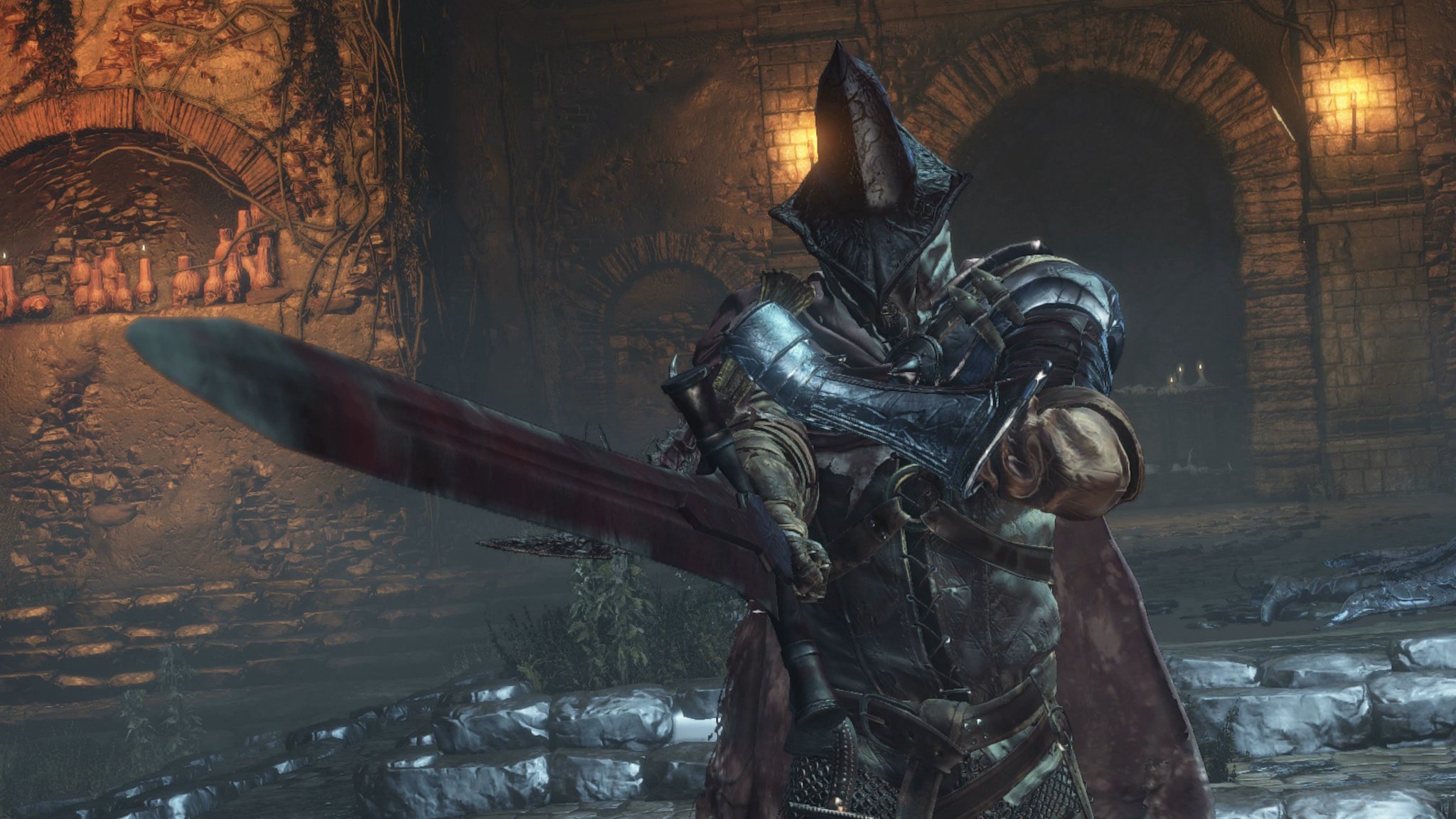




0 comments:
Post a Comment